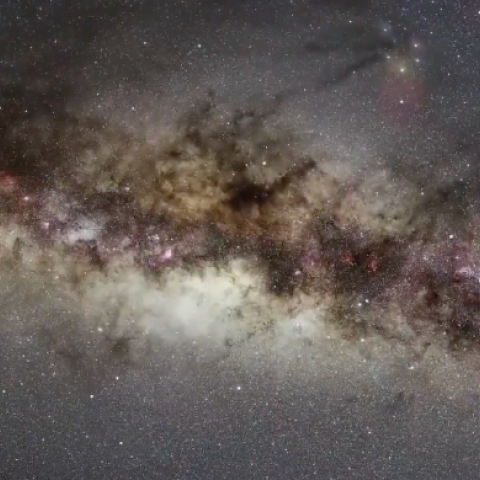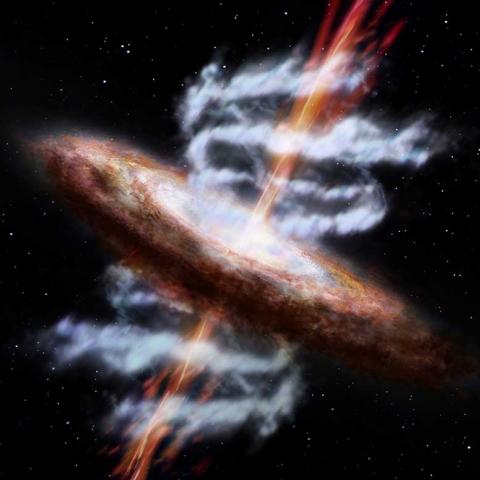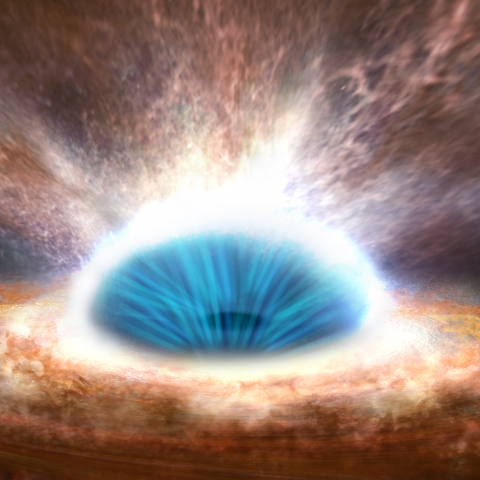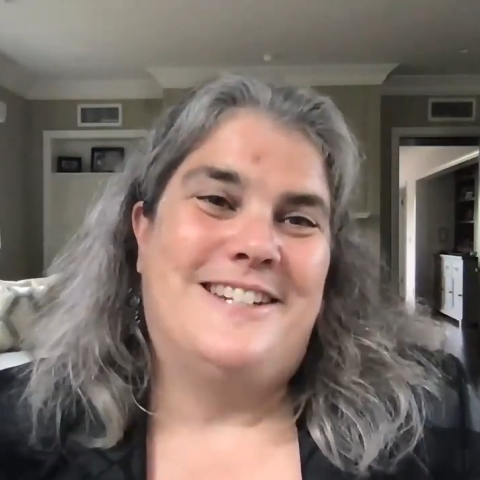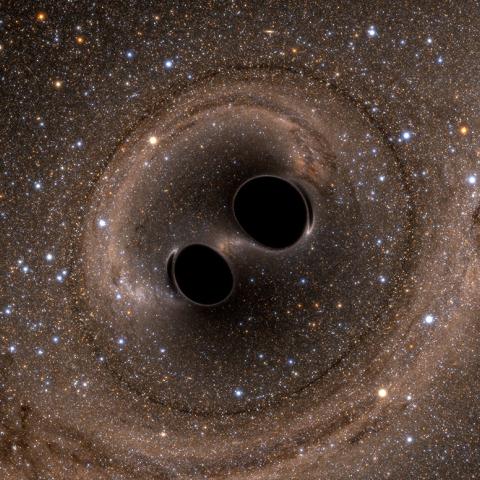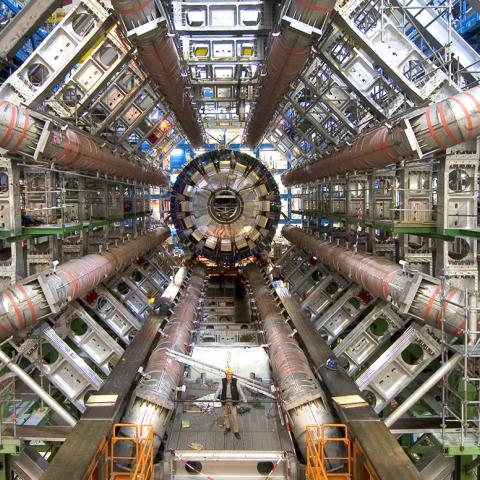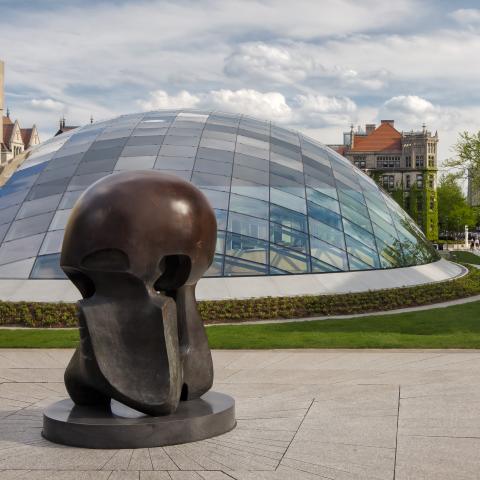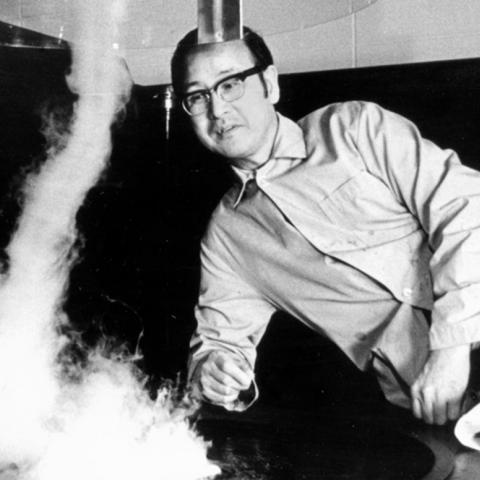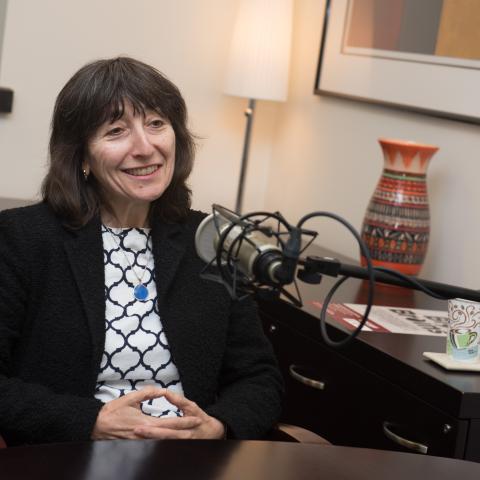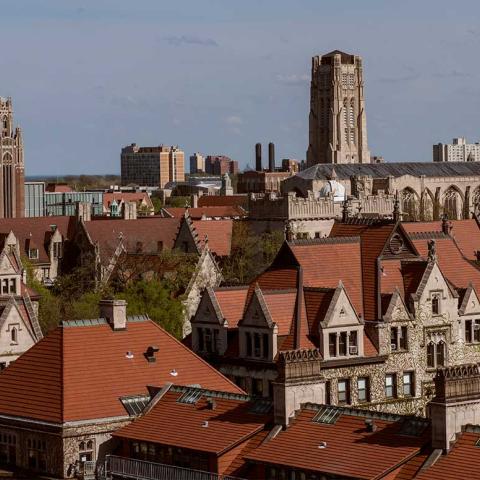The Day Tomorrow Began
Black holes fascinate both the public and scientists—they push the limits of our understanding about matter, space and time.
They are created when massive stars collapse at the end of their lives (and perhaps under other circumstances that we don’t know about yet.) One of the first steps toward the discovery of black holes was made by University of Chicago Prof. Subrahmanyan Chandrasekhar, who realized that these stars would have to collapse after they ran out of fuel.
Many at the time were shocked and skeptical, but other scientists calculated that the star would continue forever to fall inward toward its center—thus creating what we called a black hole—and the idea became increasingly accepted. In the latter half of the 20th century, eminent theoretical scientists, including Steven Hawking at Cambridge, John Wheeler and Jacob Bekenstein at Princeton, Chandrasekhar and Robert Wald at the University of Chicago, and many others, explored the details of the mathematics and physics behind black holes.
Today we know the universe is full of black holes. In the past decade, University of Chicago scientists have helped us hear the echoes of their collisions and take images of the light swirling around them.
And black holes have helped us learn many things about the universe. For example, they have helped us test Einstein’s theory of general relativity, which describes how mass, space and time are related to one another. Scientists think they can tell us much more about these and other essential rules of the universe.
Explore UChicago Library’s archival collections on black holes:
- Prof. Subrahmanyan Chandrasekhar papers
- Papers relating to Physical Sciences, Astronomy and Astrophysics
Big Brains podcast: The 'legendary' discovery of black holes
Explore the surprising history of these cosmic monsters—and the future of research in the field—with UChicago scientists Daniel Holz and Robert Wald and Nobel Prize winner Andrea Ghez.
Listen to the episode here
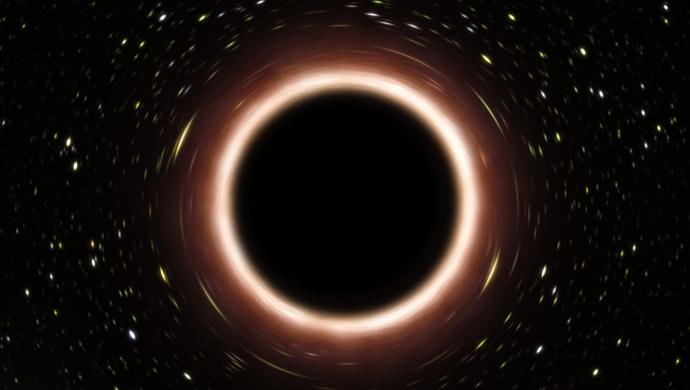
Black holes, explained
What is a black hole? What do they look like, eat and how do they grow? What’s inside a black hole? And will the Earth ever fall into one? Learn the answers to these questions and more.
Read the explainer here
Related research
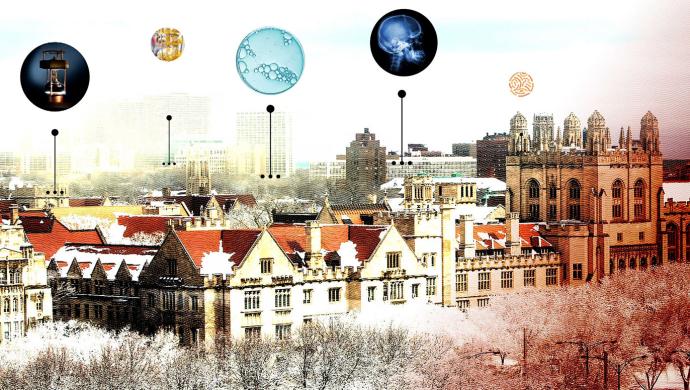
Explore more topics in the series
Learn about the monumental breakthroughs at the University of Chicago and the people behind them.

